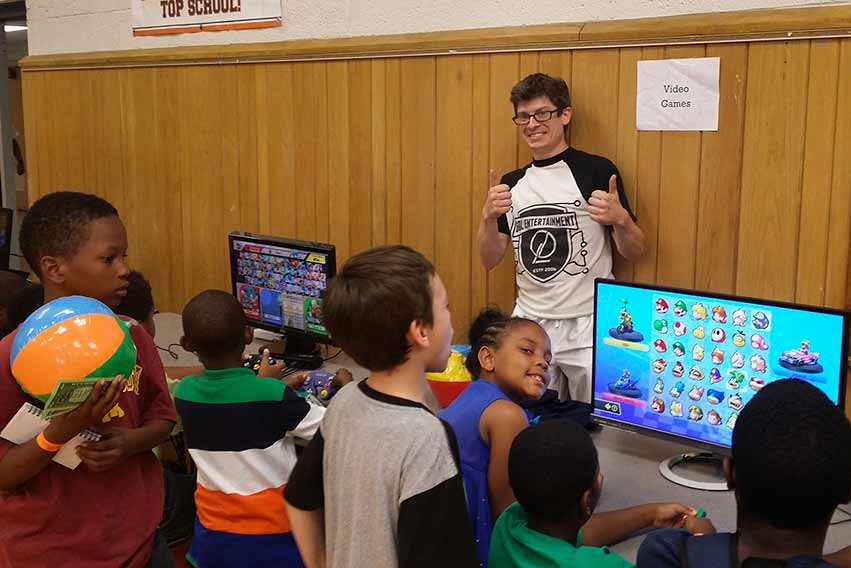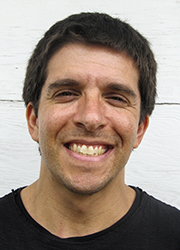Not just a hobby: Cleveland company brings gaming to a classroom setting
 Chris Hatala of GDL.
Chris Hatala of GDL.
Video games have long been derided as brain-melting time wasters, a label Chris Hatala has spent a good portion of his career refuting.
Hatala is founder of GDL Entertainment, Ltd. (Games Done Legit), an event-planning company that integrates video games into wedding receptions, corporate teambuilding programs and other non-traditional spaces. Educational programming is GDL's latest stereotype-busting venture, particularly in reaching children through gaming and coding.
Over the last year, a GDL program at Horizon Education Centers has school-age kids harnessing games as both a learning tool and character builder. Children attending the center are divided into groups, then work together to solve problems relayed through math or shape recognition games. A puzzle game called DragonBox, for example, teaches kids simple concepts related to algebraic equations.
"They're doing algebra by the end of the session," says Hatala. "This is hard education."
Students are also learning social skills during gaming sessions, notes the life-long gamer. A team-based exercise has students playing a four-player version of Pac-Man where one kid controls the iconic yellow character. Three other participants play as the ghost enemies trying to stop Pac-Man from clearing the stage.
"Some of these kids face a steeper climb up the educational ladder," says Hatala. "We're getting them to interact positively with each other and follow directions. That's a big victory."
The gaming enrichment program will be expanded this summer to camps in Beachwood and Orange. Hatala has additional plans to bring educational gaming to libraries in Lakewood, Westlake and Nordonia.
For the older crowd, GDL is in early talks to merge its soft skill/ team-work initiatives with the higher-level curriculum of We Can Code (IT), a coding boot camp targeted at getting women and minorities careers in IT fields. Hatala also envisions a future where virtual reality devices are used in classrooms to give digital tours of museums or places of historical significance.
While the possibilities are limitless, Hatala is happy for now to reach young people in creative ways.
"It's a fantastic feeling to see kids go from 'I can't do this' to solving video game puzzles in minutes," he says. "I can't wait to see what the next few years bring."

